#biosphere
Text
Humans are NOT THE MAIN CHARACTERS of reality!
There are no main characters!!!!
No one rules nature!!!!
Nature isn't hierarchical!!!!!!!!!
3K notes
·
View notes
Photo
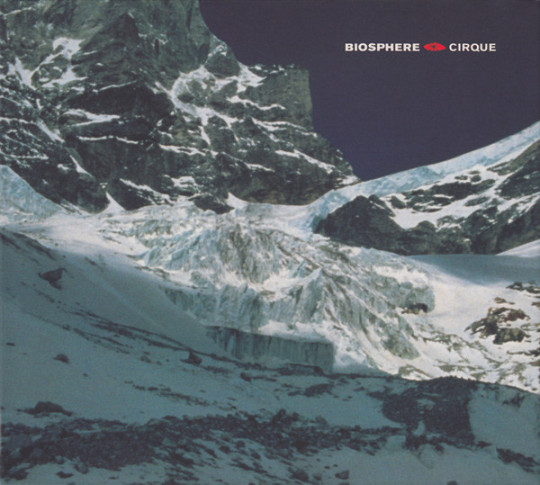


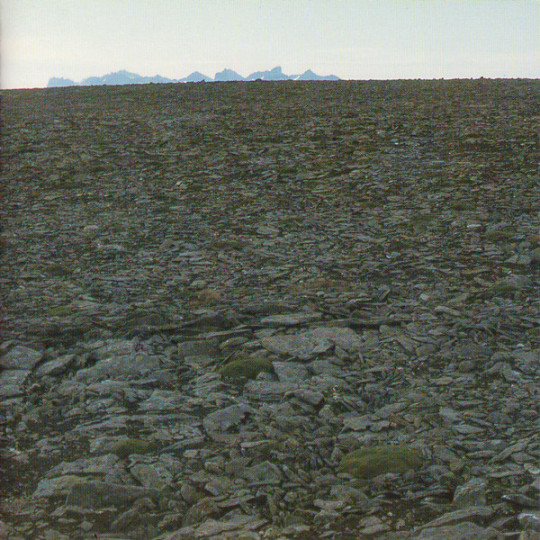






CIRQUE – DIGIPAK PHOTO-BOOK INSERTS
[BIOSPHERE | TOUCH: TO:46 | UK, 2000]
434 notes
·
View notes
Photo

Robert Ashton, Biosphere 9 (photogravure, 2020)
from here
236 notes
·
View notes
Text
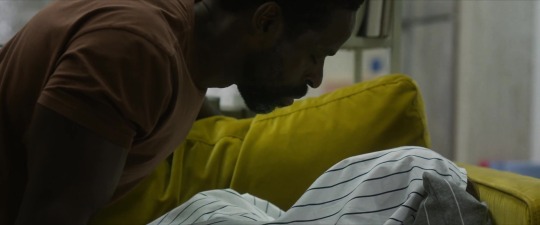
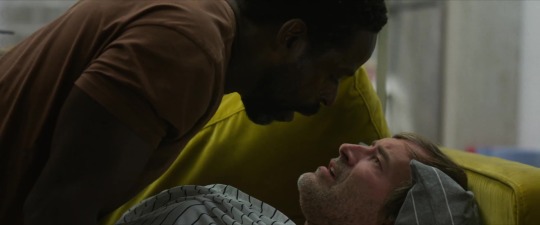


#why is no one talking about this movie#Biosphere#sterling k. brown#mark duplass#lgbtq films#scifi movies#not a Dune post sorry!
107 notes
·
View notes
Text
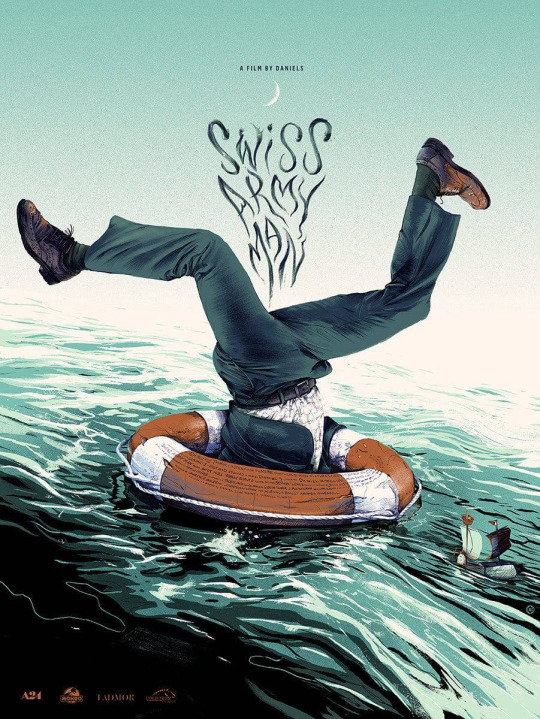
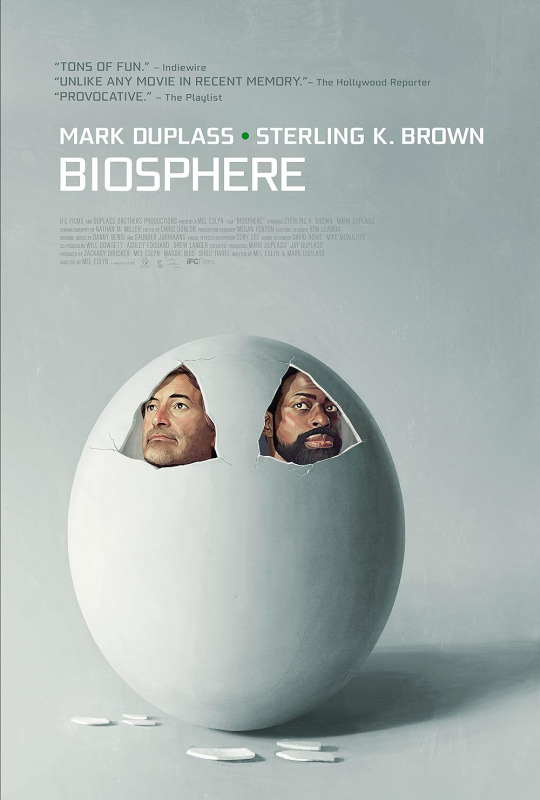
weird gay existential heartfelt genderfucky double feature at my place tonight. everyone come over. i love you
#MOVIES THAT MAKE YOU LOVE THE WORLD AGAIN#swiss army man#biosphere#mel eslyn#daniels#mark duplass#sterling k brown#paul dano#daniel radcliffe#these tags arent even for documentation purposes im just enjoying putting their names together. they should all hang out
53 notes
·
View notes
Photo
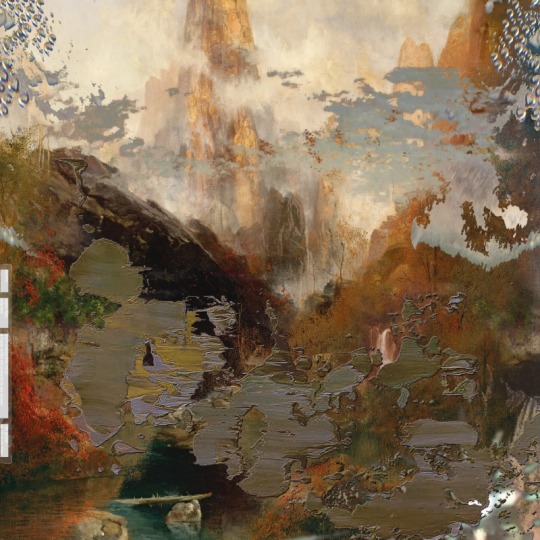
BIOSPHERE
Angel's Flight
442 notes
·
View notes
Quote
In the eyes of many human beings, life appears to be a unique and special phenomenon. There is, of course, some truth to this belief, since no other planet is known to bear a rich and complex biosphere. However, this view betrays an "organic chauvinism" that leads us to underestimate the vitality of the processes of self-organization in other spheres of reality. It can also make us forget that, despite the many differences between them, living creatures and their inorganic counter parts share a crucial dependence on intense flows of energy and materials. In many respects the circulation is what matters, not the particular forms that it causes to emerge.
Manuel DeLanda, A Thousand Years of Nonlinear History
#quote#Manuel DeLanda#A Thousand Years of Nonlinear History#life#DeLanda#philosophy#organism#science#self-organization#biosphere#biology#energy#systems#systems theory
186 notes
·
View notes
Text
youtube

I'm so happy I took the chance to see the eclipse and it paid off! While it was a bit cloudy the sun did pop out.
While totality was about to be achieved I started listening to "Sphere of No-Form" by Biosphere. When the first low droning trumpet started to play is when the sky when pitch black. I looked around to see everything had gone dark and looked up to see this pseudo black hole sun. What a phenomenal experience.
22 notes
·
View notes
Text

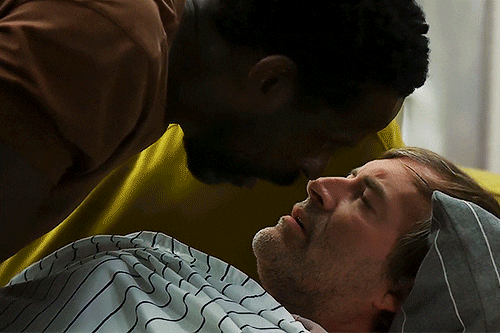



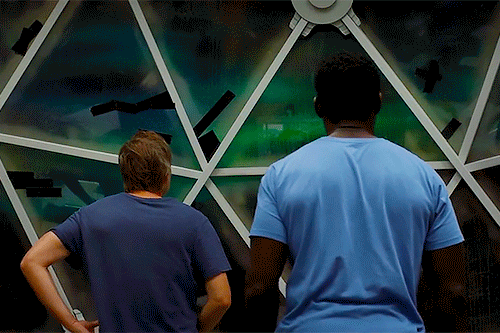
Biosphere (2022) dir. Mel Eslyn
What he's going through? I can only imagine how scary and confusing this must be for him. And...yeah. I'm glad it's not happening to me. But still, I wish he could see this is about more than just us. There's goodness in change.
#deeply bizzare and lovely movie i can't stop thinking about#biosphere#biosphere 2022#sterling k. brown#mark duplass
21 notes
·
View notes
Text
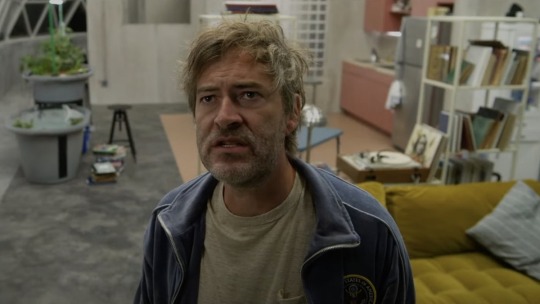
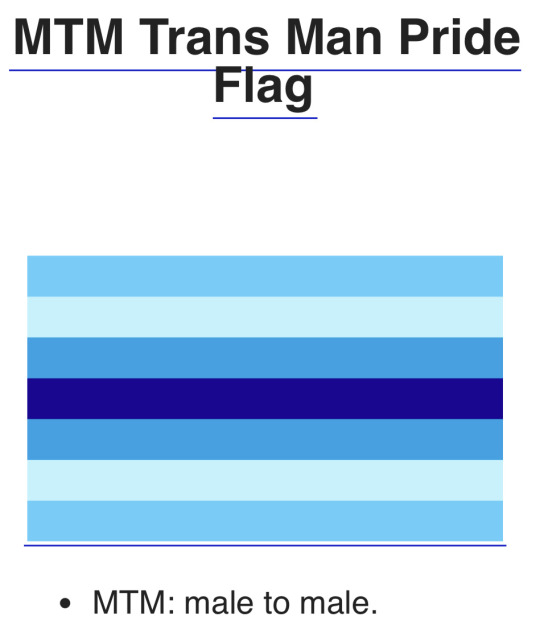
you just had to be there
30 notes
·
View notes
Text



Biosphere (2022)
76 notes
·
View notes
Note
Because we’re ranting about biases today, one of my biggest foes is anti-parasite bias. It’s very connected to fear and moralizing of non-human organism behaviors and it’s so frustrating! These are organisms with some of the most complex life cycles out there but the idea that anyone could be interested in them for their own sake instead of from a desire to control or even eradicate them is never considered- or hell if you ARE someone who is like “hey I just think parasites are neat and maybe also not ontologically evil” people give you the same moralizing treatment. Parasites of all kinds are integral to every ecosystem but we’ve barely started figuring that out because they’re so demonized, and who knows how many have been lost while humanity crusaded against them? How many species are on the edge of being gone forever that most people will ignorantly think the world is better without?
MOOD
you know what my least favorite debate in ethics was? We had tons but this one drove me up the wall
"Should we eradicate mosquitos"
I just
imagine thinking we know the ecosystem well enough that we can do that with no consequences. Like, there are tons of studies trying to prove it would be okay, but it strikes me very much as playing g-d in a very bad way.
Like, I don't need people to like parasites, or even appreciate them. But we shouldn't be trying to kill them all, either, when they are so important for the ecosystem.
158 notes
·
View notes
Text
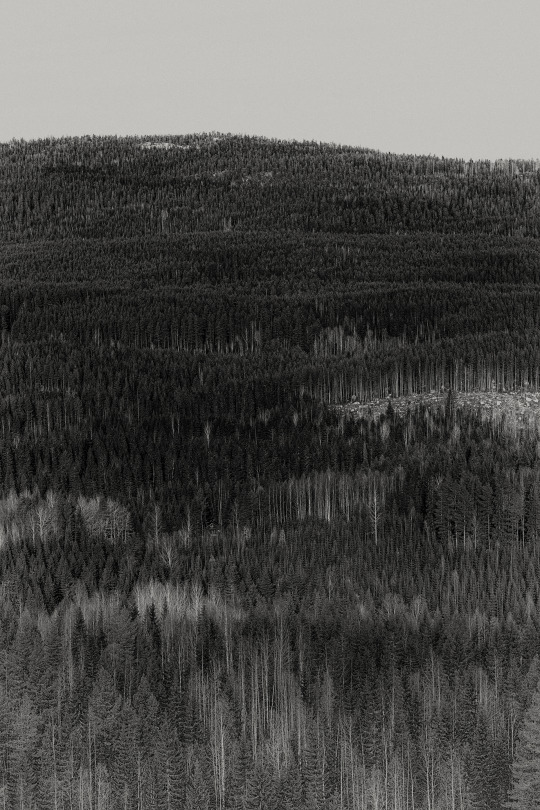
© Niilas Nordenswan Photography – Forever Forests
#fine art photography#artists on tumblr#bnw photography#noir et blanc#blanco y negro#forever forest#old forests#breathe#biosphere#visual poetry#north karelia#finland#landscape photography#hiking#wanderer#niilas nordenswan
392 notes
·
View notes
Text
ALGAE & FUNGI (PART 1)
BIOSPHERE | CIRQUE, 2000
22 notes
·
View notes
Text
By Jonathan Watts, Environmental Editor
The Guardian
June 22, 2023
Ecological collapse is likely to start sooner than previously believed, according to a new study that models how tipping points can amplify and accelerate one another.
Based on these findings, the authors warn that more than a fifth of ecosystems worldwide, including the Amazon rainforest, are at risk of a catastrophic breakdown within a human lifetime.
“It could happen very soon,” said Prof Simon Willcock of Rothamsted Research, who co-led the study. “We could realistically be the last generation to see the Amazon.”
The research, which was published on Thursday in Nature Sustainability,is likely to generate a heated debate. Compared with the long-established and conclusively proven link between fossil fuels and global heating, the science of tipping points and their interactions is relatively undeveloped.
The United Nations’ top science advisory body, the Intergovernmental Panel on Climate Change, has been more cautious. In its latest report, it said there was a chance of a tipping point in the Amazon by the year 2100.
However, several prominent Brazil-based scientists, including Carlos Nobre, have warned that this may come much sooner. The new study underlines that alarming prospect. It observes that most studies until now have focused on one driver of destruction, such as climate change or deforestation. But when you combine this with other threats, such as water stress, degradation and river pollution from mining, the breakdown comes much quicker.
Lake Erhai in China collapsed sooner than most observers expected. According to Willcock, this was because projections had been based on one factor – agricultural runoff that was loading the water system with excess nutrients – but other stresses compounded and accelerated this degradation. When climate variation, water management and other forms of pollution were added into the mix, the lake system quickly lost its resilience.
Overall, the team, comprised of scientists fromSouthampton, Sheffield and Bangor universities, as well as Rothamsted Research,looked at two lake ecosystems and two forests, using computer models with 70,000 adjustments of variables. They found that up to 15% of collapses occurred as a result of new stresses or extreme events, even while the primary stress was maintained at a constant level. The lesson they learned was that even if one part of an ecosystem is managed sustainably, new stresses such as global warming and extreme weather events could tip the balance towards a collapse.
While the scope of the study was limited, the authors said the results showed the need for policymakers to act with more urgency.
“Previous studies of ecological tipping points suggest significant social and economic costs from the second half of the 21st century onwards. Our findings suggest the potential for these costs to occur much sooner,” the co-author Prof John Dearing noted.
Willcock said the findings were “devastating”, but said this approach – of analysis through system dynamics – also had a positive potential because it showed that small changes in a system could have big impacts. Although the study focused on the negative aspect of straws breaking the back of ecosystems, he said the opposite could also be true. Lake Erhai, for example, has shown signs of recovery.
“The same logic can work in reverse. Potentially if you apply positive pressure, you can see rapid recovery,” he said, though he emphasized time was running out faster than most people realized.
#climate crisis#ecosystem degradation#ecosystem collapse#biosphere#climate change#global warming#tipping points
53 notes
·
View notes
Text
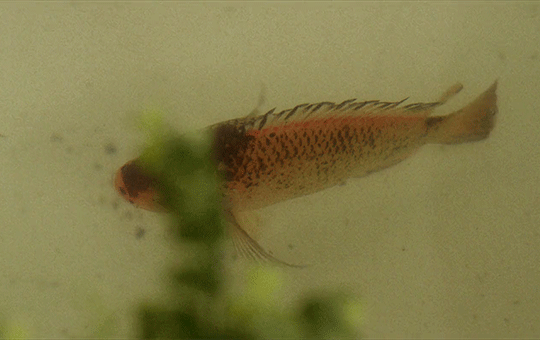
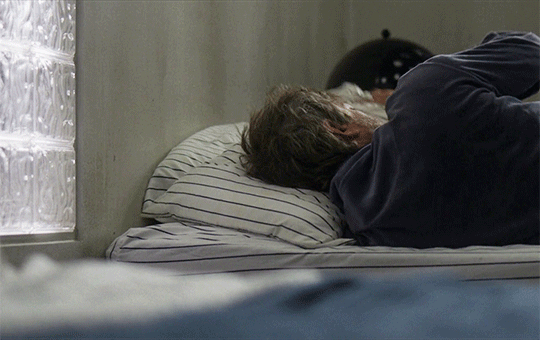

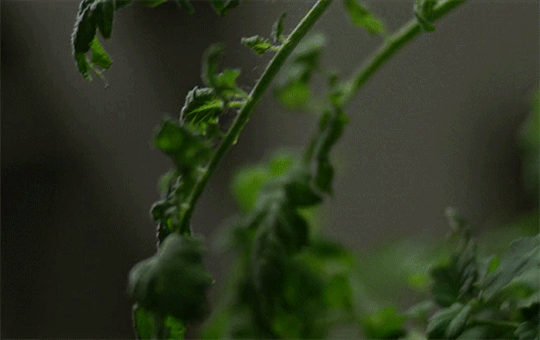

Every Film I Watch In 2023:
175. Biosphere (2022)
#biosphere#biosphere (2022)#2023filmgifs#my gifs#now that was a typical Duplass Bros production#a deeply uncomfortable scenario#that questions masculinity and gender and relationships#and is so tender and beautiful#would have liked a stronger ending though#i like how i was so determined#to NOT focus on Mark Duplass my husband#that i ended up making very oblique gifs of him#i mean he is a filthy Sag but i love him anyway#and i always adore Sterling K Brown#that's just a given
44 notes
·
View notes